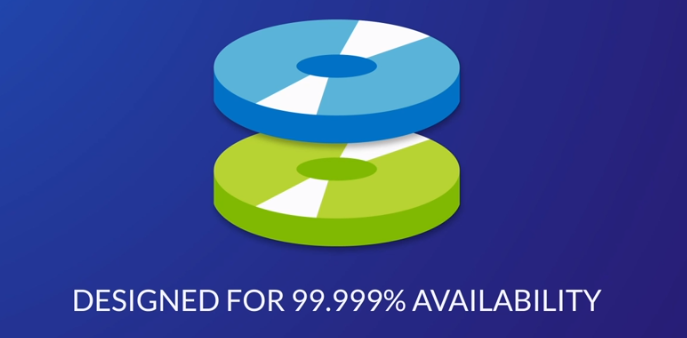Azure Managed Disks
This is not an exhaustive documentation of all the existing Azure Services. These are summarized notes for the Azure Certifications.
To see the complete documentation, please go to: Azure documentation
Overview
Azure virtual machines (VMs) use Azure disks as their attached disk storage.
- Azure disks are built-on top of page blobs which are the type of blobs optimized for random access.
- When you create Azure disks you can choose to manage the storage account yourself or to use managed disks where Azure manages the storage account for you.
- Managed disks are the preferred option.
Azure Managed Disks provide a virtualized, scalable, and highly available storage solution for Azure VMs.
-
Virtualized block-level storage volumes used with Azure VMs and managed by Microsoft Azure.
-
The encryption options (SSE and ADE) enhance data security, and the distinction between data, OS, and temporary disks allows for efficient and purpose-driven disk management within the Azure infrastructure.

Benefits
- Availability
- Designed for 99.999% availability with three replicas of data per disk, protecting against two failures of disk replicas.
- Scalability
- Supports up to 50,000 VM disks of a specific type per region in each subscription, enabling the creation of numerous virtual machines.
- Integration
- With availability sets:
- Isolation of VM disks within an availability set, guarding against a single point of failure within an Azure data center.
- With availability zones:
- Protection against entire Azure data center failures.
- With availability sets:
- Backup and Restore
- Integrated with Azure backup, supporting backup and restore of managed disks, making VM restores easy.
- Access Control
- Granular access control through Azure role-based access control (RBAC), allowing specific permissions for managed disks.
- Upload Ease
- Facilitates the upload of on-prem VMs to Azure through direct upload, streamlining the VHD file transfer process.
Encryptions
- Server-side Encryption (SSE)
- Default for all managed disks.
- Provides encryption at rest for data, snapshots, and images.
- Azure Disk Encryption (ADE)
- Enables encryption on OS and data disks of a VM.
- Uses BitLocker for Windows VMs
- Used DM-crypt for Linux VMs.
Disk Types
-
Data Disks
- Attached to a VM to store applications and data.
- Registered as a SCSI drive, assignable drive letters,
- Max capacity of 32 terabytes.
- Number of data disks depends on VM size.
-
OS Disks
- Deployed with a VM, hosts OS and boot volume.
- Max capacity of 4 terabytes.
-
Temporary Disks
-
Not a managed disk, not intended for important data.
-
Every VM contains a temporary disk,
-
Used for page files and swap files,
-
Data may be lost during maintenance events or VM redeployment.
-
Assigned the drive letter D on Windows and
-
Assigned to /dev/sdb on Azure Linux VMs.

-